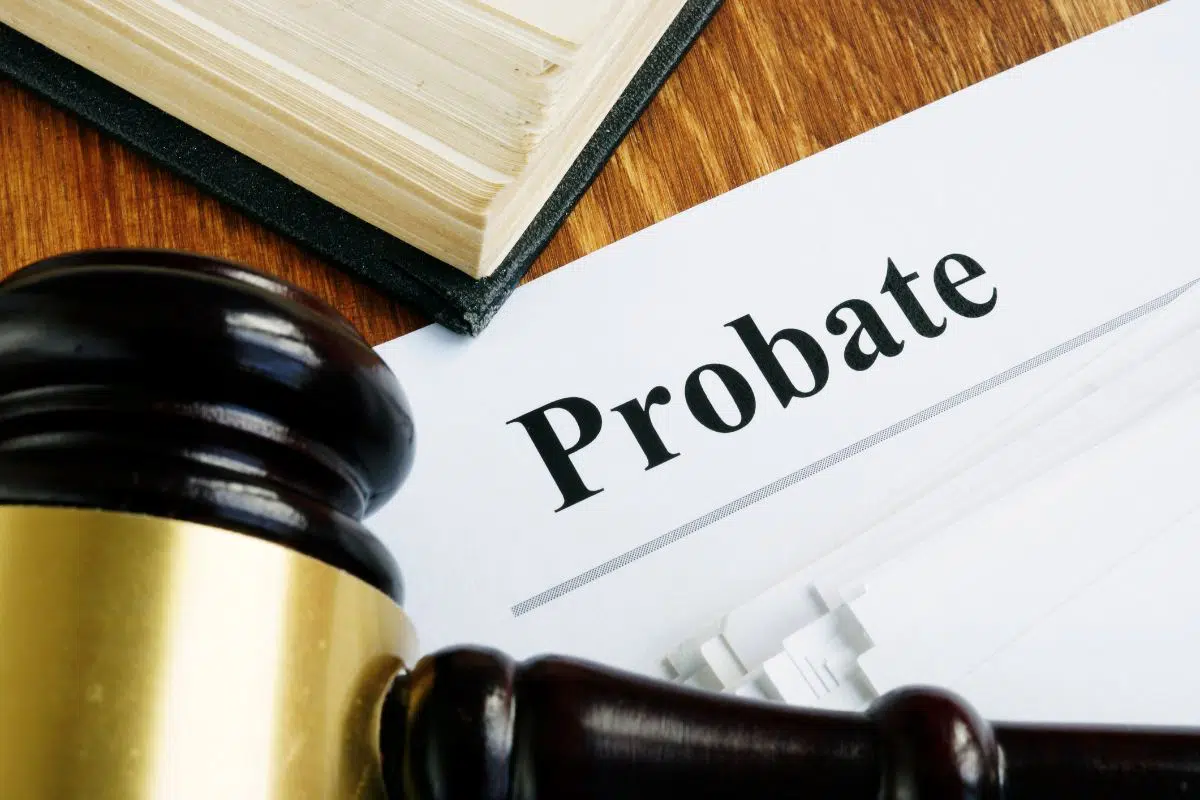Breach of fiduciary duty is a serious matter. When your loved one’s estate enters probate, you may expect the executor to manage the estate competently. In a perfect world, this would be true for every probate case. However, sometimes executors intentionally or unintentionally fail to perform as expected. Actions that constitute a breach of fiduciary duty could lead to probate litigation.
Understanding Fiduciary Duty
The term “fiduciary duty” refers to the responsibilities someone has to people who trust them to handle certain affairs, often called the principal. A fiduciary must put the principal’s interests before their own.
You often see fiduciary relationships between:
· investment brokers and their clients,
· board members and shareholders,
· trustees and beneficiaries of the trust, and
· attorneys and their clients.
Fiduciary claims generally require the following elements:
A fiduciary relationship exists between the plaintiff and defendant.
The defendant breached the fiduciary duty owed to the plaintiff.
Either the plaintiff was injured, or the defendant benefited because of the defendant’s breach of fiduciary duty.
Unfortunately, fiduciaries sometimes mismanage or steal assets from the principals they are supposed to serve. This breach of fiduciary duty can be particularly hard when grieving relatives feel betrayed by the executor of a loved one’s estate.
Fiduciary Duty in Probate Cases
Executors of estates serve as fiduciaries because they have taken on the management of another person’s estate. They owe a duty to the estate and its heirs. To understand an executor’s duty, we can look at the typical work done during estate administration.
Executors, also known as personal representatives, may have some or all of the following responsibilities:
· Notify beneficiaries named in the Will,
· Gathering the decedent’s assets,
· Safeguarding those assets,
· Notifying creditors,
· Paying debts,
· Distributing estate assets to heirs.
Because of their fiduciary duty, executors must put the heirs’ best interests before his or her own. For instance, an estate might contain a prime piece of commercial real estate. The executor wants to buy the property but at a price much lower than the market value. This type of transaction would probably be considered inappropriate and self-dealing.
In fact, breach of fiduciary duty in a probate case can include charges of:
· Fraud,
· Embezzlement,
· Self-interest,
· Commingling personal funds and estate funds,
· Failing to follow instructions contained in the decedent’s Will,
· Abandonment,
· Refusing to distribute estate assets as required under the Will.
If you find that an executor is flouting rules and regulations, it’s important to move quickly to prevent further damage to the estate.
Remedies for Breach of Fiduciary Duty
When fiduciary-principal relationships sour, you might consider some of the following ways to fix a breach:
· Removing the executor and installing a new one,
· Suing the executor,
· Contacting law enforcement if the executor broke the law.
Laws related to fiduciary responsibilities are complex. Before addressing a suspected breach of fiduciary duty, discuss your situation with an experienced probate litigation attorney.
We Have Experience Handling Breach of Fiduciary Duty Claims and Probate Litigation
The attorneys at Henke, Williams & Boll assist clients like you with litigation and other matters. But we don’t just help a little. We win cases through aggressive representation using extensive knowledge of the Texas legal system.
Our attorneys have more than 100 combined years of experience practicing law, and our broad range of knowledge enables us to provide practical solutions tailored to the unique needs of our clients. We are a proud law firm with commitment and passion for assisting those in need. Let us help you get the results you deserve.
For a free consultation or phone appointment, call 713-940-4500 or use the convenient contact form located on our website. We represent clients in the Houston area, including Harris County, Montgomery County, Waller County, Fort Bend County, Galveston County, and Brazoria County.


